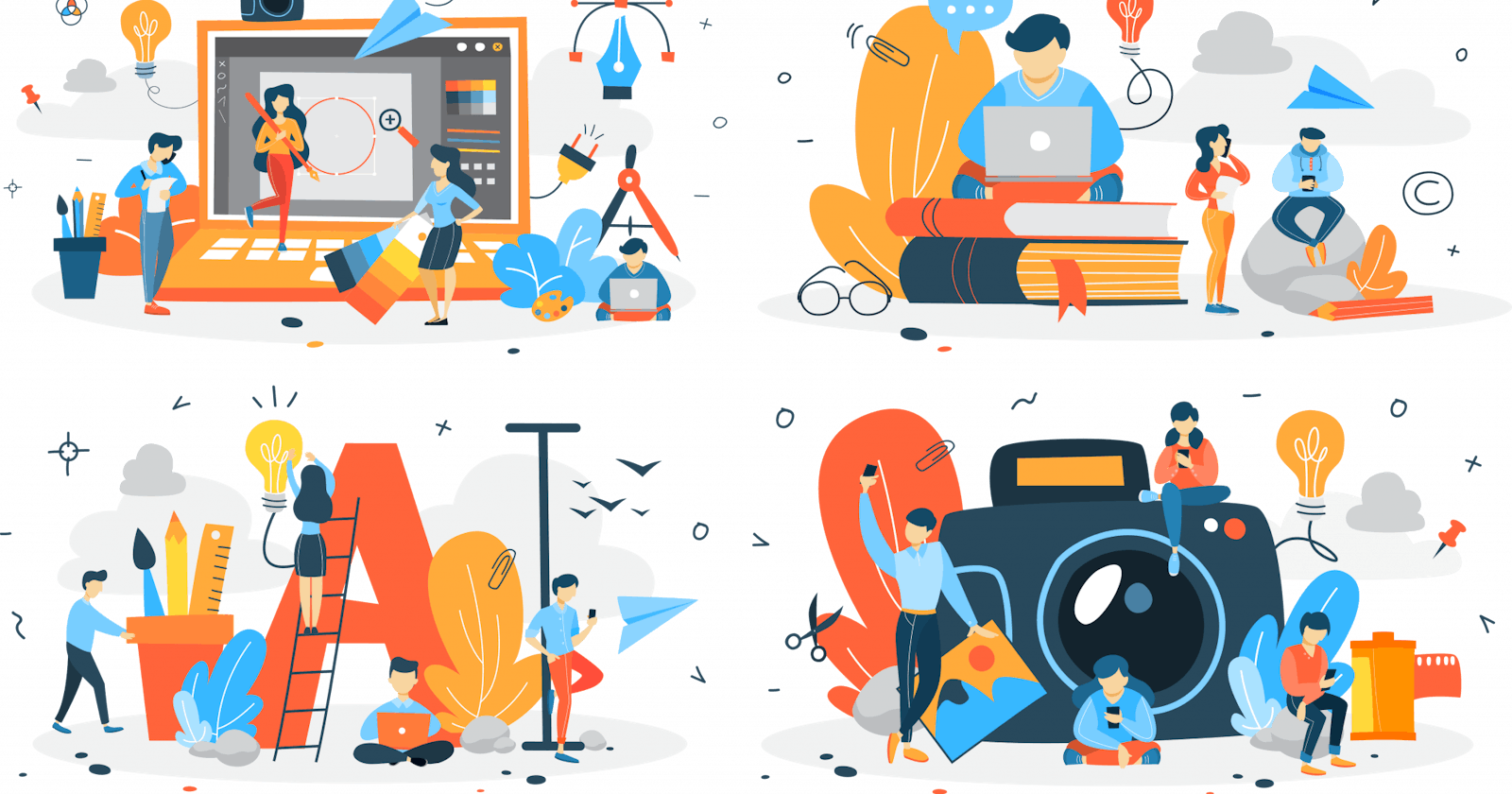Currently we see that the content creation market is dominated by centralized platforms which control everything aspects of the contents shared from content monetization to control. This leaves leads to creators to depend on the "mercy" of created algorithms for reachability and conform to the arbitrary rules set by the platforms so as to gain benefits (monetization) of what they do. Does it really have to be that way or there is another way forward? Lets dive on this,
An idea first presented by Tim Berners-Lee in 2009 as an "open, connected, intelligent web" web 5 presents a unique opportunity to a future where each and everyone will have a full control of their digital identity and data without having a need to depend on third-party providers while also maintaining their anonymity by combining the identification capabilities of web2 and the decentralization of web3 to create "Decentralized Identifiers (DID)" and "Decentralized Web Nodes (DWNs)". This gives creators the power to decide who can access their data and how it is used, empowering them to protect their privacy and control their online presence.
Through the rise of web5, creators can leverage its functionalities to transform the current creator economy. A good example is through the use of decentralized web5 platforms which will easily feature integrated social media and communication tools made possible by the DID which enables a person to use the same credentials throughout different platforms which will enables a creator to reach and connect with their fans which do fall under different niches without the need of having multiple accounts, also it will provide easy access through DWNs which do offer a storage control managed by the user.
Furthermore, through web5 creators can get access to additional monetization opportunities through tokenization within a certain platform (ecosystem). For instance, creators can sell subscriptions, access to exclusive content, or personalized experiences to their fans in exchange for tokens. These tokens can then be used to purchase other goods or services within the ecosystem, creating a circular economy that benefits both creators and their supporters.
Finally, creators an create their own Decentralized communities where they can share ideas as creators, collaborate on projects, support one another and other community activities. Also, these communities may act as crowdfunding platforms for new creators who usually face hardships to secure funding, here they may also implement a transparent monetization model and revenue sharing strategies unlike the current model which is not transparent. Through security offered by web5 it will ensure everyone is paid fairly and also funds cannot be taken by third-parties e.g. hackers.
Conclusion
Despite Web5 being a relatively new technology which some may argue on its scalability, regulation and security just to highlight a few but we can agree on the fact it represents a paradigm shift for the creator economy, empowering creators to take control of their work, monetize their content fairly, and build direct relationships with their fans. By leveraging blockchain technology and decentralized ownership models, this will create a more equitable and creator-centric ecosystem that has the potential to revolutionize the way creators work and connect with their audiences.
But is that all that we should expect? Time will surely give us an answer to that.
